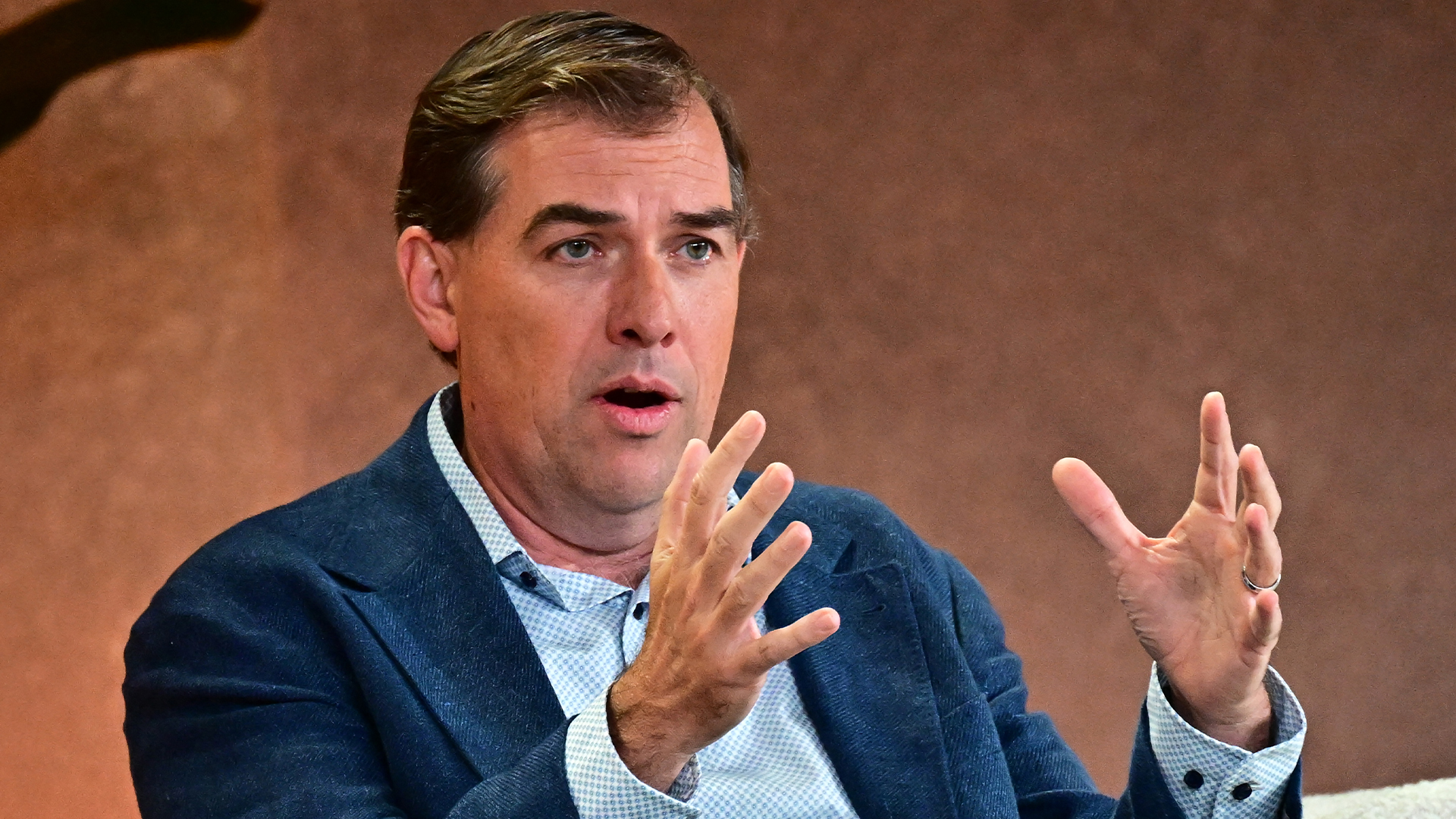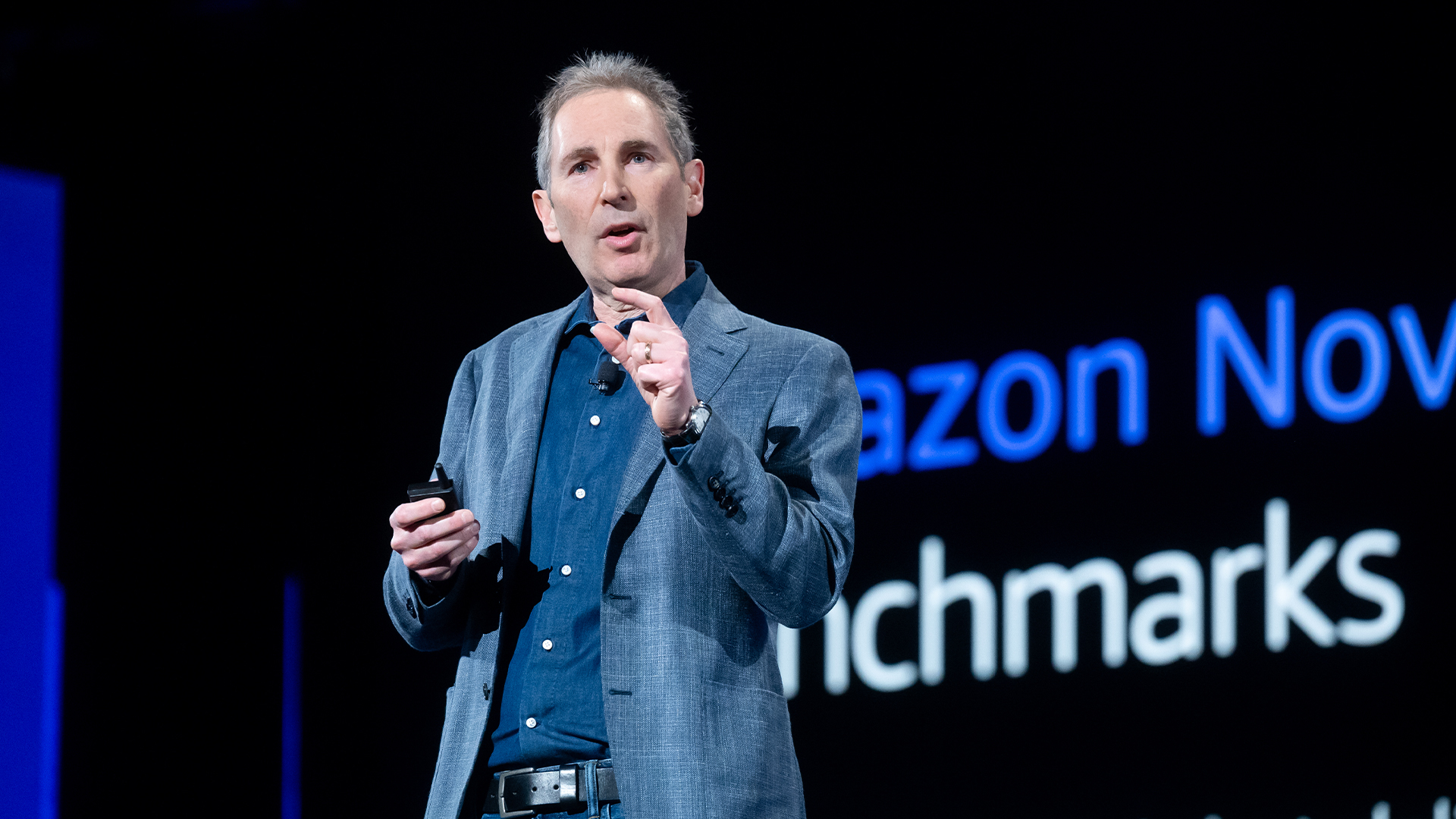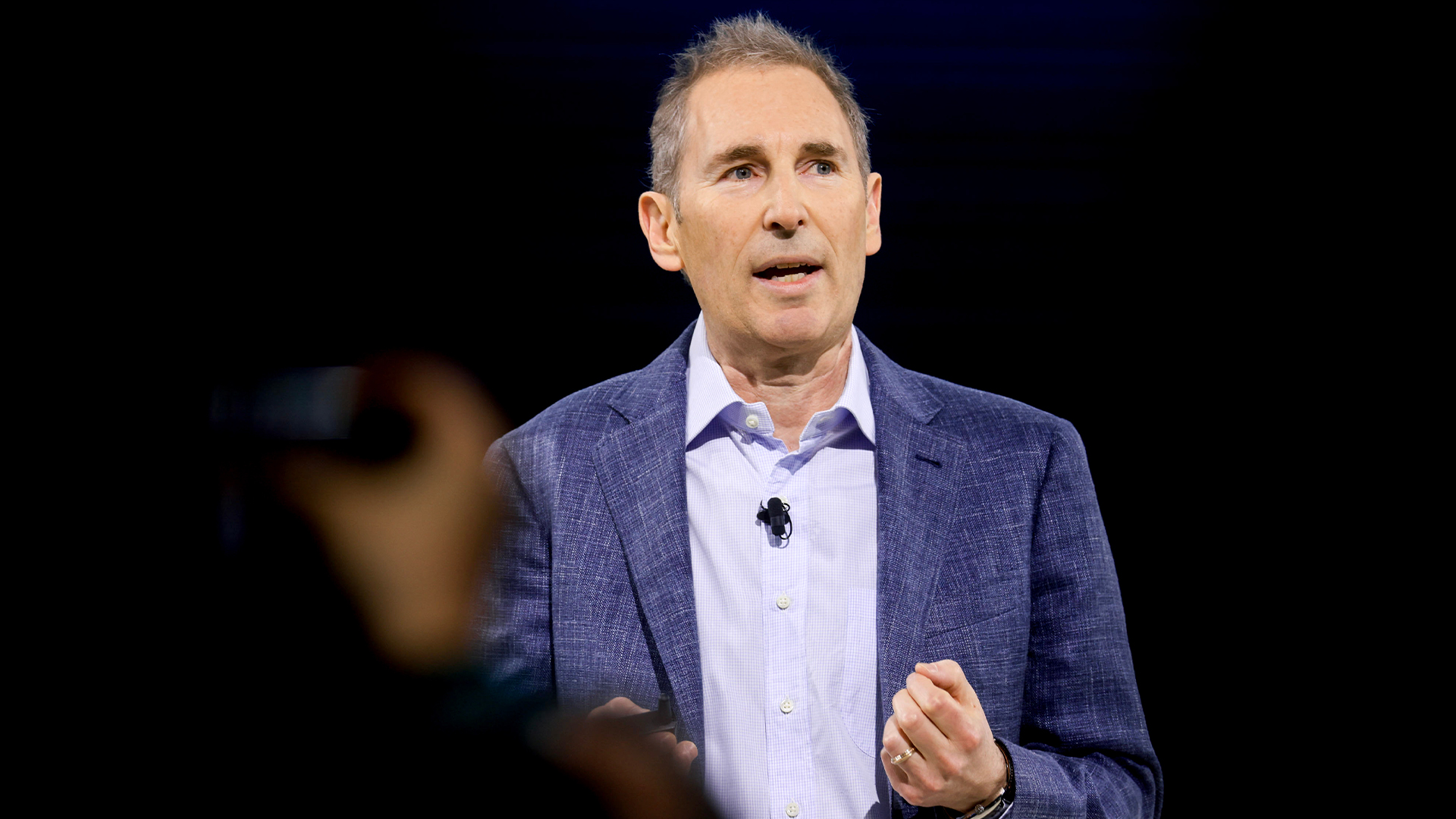“There are other companies around”: AWS CEO Matt Garman says employees pushing back on RTO mandates should quit
The cloud division chief told staff who won't return to the office to look elsewhere


Don't want to return to the office? Amazon has a simple answer for employees refusing RTO mandates: quit.
Matt Garman, chief executive of the tech giant’s cloud division, Amazon Web Services (AWS), told staff at a meeting that they should look elsewhere for work if they didn't think they could work in the office anymore.
Amazon is one of a few major companies to order employees back to the office after the rise of hybrid working. The company first required workers to come in for a minimum of three days a week, which sparked a backlash among employees — and reports of firings of staff who didn't comply.
Last month, the tech giant took things one step further, announcing it will require all staff to return to the office full-time, aside from the odd day working from home for sick days, care responsibilities, and needing to focus. At the time, Amazon CEO Andy Jassy said the move was to "invent, collaborate, and be connected enough to each other".
The move immediately sparked a negative reaction from some staff, with reports emerging that some plan to "soft quit".
Amazon’s RTO push continues
Amazon appears to have little sympathy for such workers. Garman told workers at a company meeting last week that anyone unwilling to come in for the full five days a week should seek employment elsewhere — but he stressed he didn't see that as a negative comment.
"If there are people who just don't work well in that environment and don't want to, that's okay, there are other companies around," said Garman. "By the way, I don't mean that in a bad way," he said, adding "we want to be in an environment where we're working together."
Sign up today and you will receive a free copy of our Future Focus 2025 report - the leading guidance on AI, cybersecurity and other IT challenges as per 700+ senior executives
Garman said, according to a transcript seen by Reuters, that most AWS staff actually supported the move.
He echoed Jassy's comments that the RTO was required to ensure innovation and communication at the company. "When we want to really, really innovate on interesting products, I have not seen an ability for us to do that when we're not in-person," said Garman.
Quiet firing?
RTO mandates are largely unpopular among workers — Amazon's sparked a walkout, Dell's staff satisfaction fell in response — raising the question of why companies persist with calling workers back to the office full time.
RELATED WHITEPAPER

While Amazon has repeatedly said the move is to make it easier for staff to innovate together, one suggestion that keeps cropping up is it's a way to reduce headcount without paying for layoffs.
One survey saw a quarter of executives admit they hoped RTO mandates led to some staff quitting — and they may well get their wish, as just as many staff said they would consider quitting if faced with an RTO mandate at their own office.
Of course, quiet firing comes with a risk to companies: they may find their very best staff are the ones who depart, hurting their innovation in the long run.
Freelance journalist Nicole Kobie first started writing for ITPro in 2007, with bylines in New Scientist, Wired, PC Pro and many more.
Nicole the author of a book about the history of technology, The Long History of the Future.
-
 Microsoft’s huge AI spending still has investors sweating despite solid cloud growth
Microsoft’s huge AI spending still has investors sweating despite solid cloud growthNews Capital spending at Microsoft continues to surge, despite previous claims it would cool down
-
 Amazon is cutting 14,000 roles in a bid to ‘operate like the world's largest startup’
Amazon is cutting 14,000 roles in a bid to ‘operate like the world's largest startup’News The layoffs at Amazon mark the latest in a string of cuts in recent years
-
 Pegasystems teams up with AWS to supercharge IT modernization
Pegasystems teams up with AWS to supercharge IT modernizationNews The duo aim to create deeper ties between the Blueprint, Bedrock, and Transform services
-
 ‘Lean into it’: Amazon CEO Andy Jassy thinks enterprises need to embrace AI to avoid being left behind – even if that means fewer jobs in the future
‘Lean into it’: Amazon CEO Andy Jassy thinks enterprises need to embrace AI to avoid being left behind – even if that means fewer jobs in the futureNews Amazon CEO Andy Jassy thinks companies need to "lean into" AI and embrace the technology despite concerns over job losses.
-
 Microsoft workers face a fresh round of layoffs – here’s who could be impacted
Microsoft workers face a fresh round of layoffs – here’s who could be impactedNews Microsoft will cut 6% of its workforce, equivalent to around 6,000 workers, as part of its latest cost-cutting drive.
-
 ‘If you want to look like a flesh-bound chatbot, then by all means use an AI teleprompter’: Amazon banned candidates from using AI tools during interviews – here’s why you should never use them to secure a job
‘If you want to look like a flesh-bound chatbot, then by all means use an AI teleprompter’: Amazon banned candidates from using AI tools during interviews – here’s why you should never use them to secure a jobNews Amazon has banned the use of AI tools during the interview process – and it’s not the only major firm cracking down on the trend.
-
 ‘Europe could do it, but it's chosen not to do it’: Eric Schmidt thinks EU regulation will stifle AI innovation – but Britain has a huge opportunity
‘Europe could do it, but it's chosen not to do it’: Eric Schmidt thinks EU regulation will stifle AI innovation – but Britain has a huge opportunityNews Former Google CEO Eric Schmidt believes EU AI regulation is hampering innovation in the region and placing enterprises at a disadvantage.
-
 SoftwareOne to acquire Crayon in $1.4 billion merger deal
SoftwareOne to acquire Crayon in $1.4 billion merger dealNews The merged firm will be 'uniquely positioned' to capitalize on a $150 billion market


